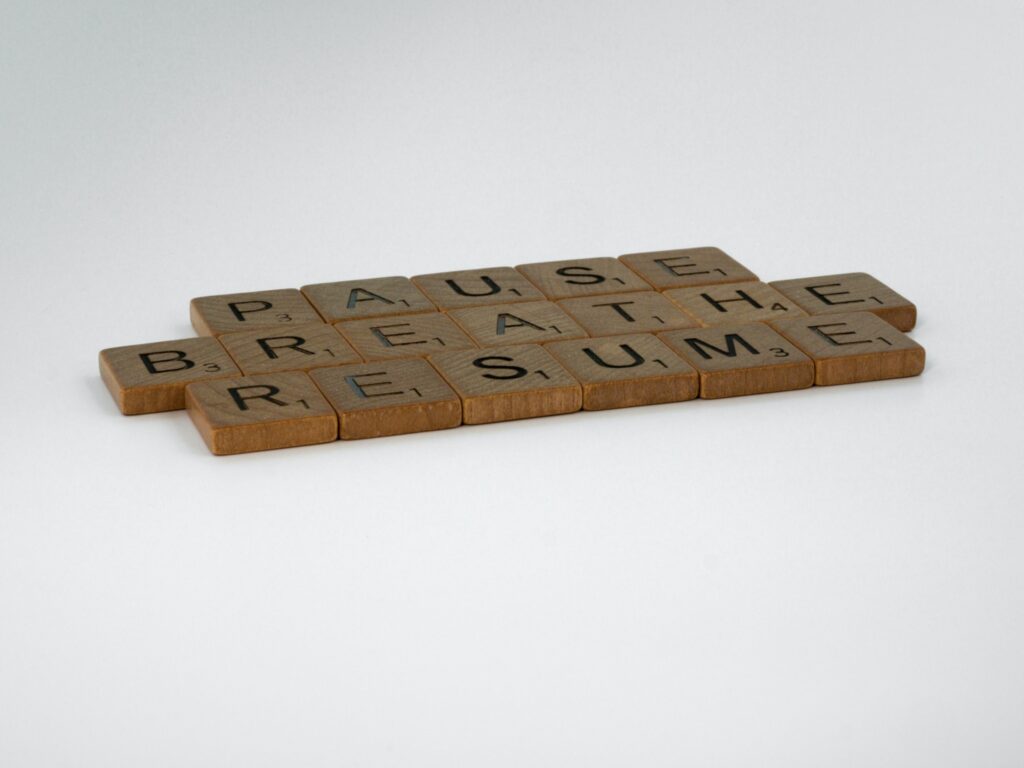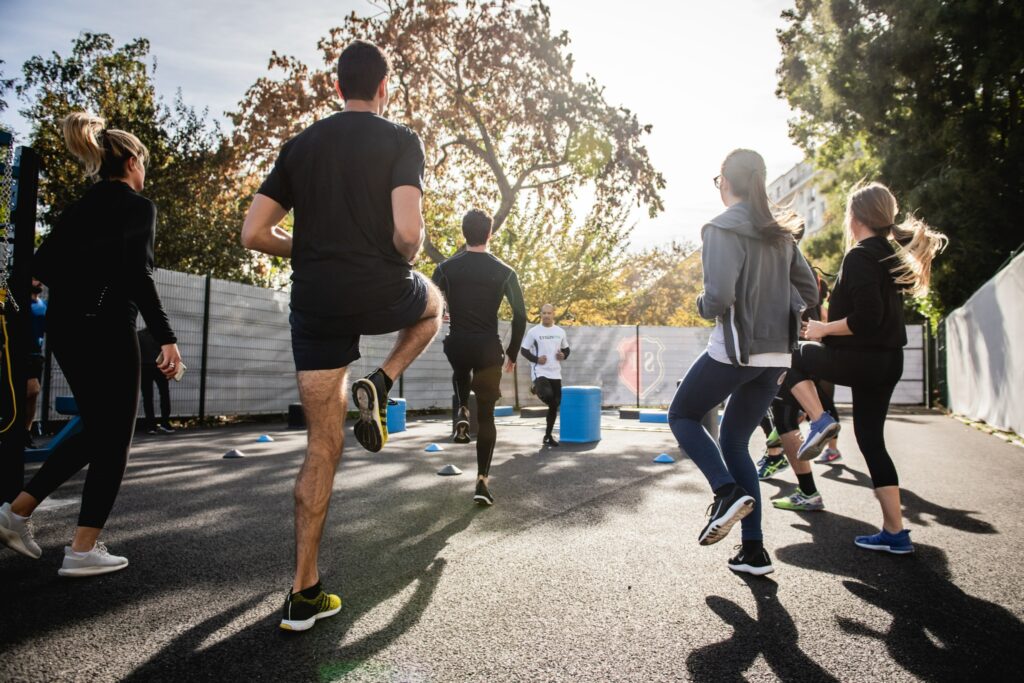If you scroll down to the “About Devin” section at the bottom of this article, you’ll notice I mention “Purdue Dropout” as my very first sentence. You probably wonder why I would readily admit to this failure seeing that I write for a publication for college students as a college student. I included this bit of information because I want other students to know that college doesn’t always go as planned. It didn’t for me the first time around. No one warned me about what the experience would do to me mentally.
I decided to ask some experts to share their thoughts on what students can do to stay well so they don’t also have to call themselves a dropout. (Don’t worry. If you read the rest of my bio, I learned my lesson.)
Why does college take such a toll on our mental health in the first place?

Adjusting from our home environment to the college environment tends to overwhelm us. Nothing prepares us for the significant amount of change we experience in such a short time frame. Many students enter college without knowing anyone at their new home, let alone having friends or a strong support circle. Loneliness, among other factors, can lead to a quick decline in our mental health.
“Well, I think it has been my experience in working with young people and others that transition can be challenging with the lack of an appropriate and healthy support system. That, in conjunction with a lack of coping skills, I think, causes young people maybe to question how to maneuver through the freedoms that college provides,” Certified Peer Recovery Specialist with NAMI (National Alliance on Mental Illness) Kimberly Comer said.
Comer also mentions the unexpected freedoms experienced by first-time college students. I know myself and several others who fell victim to this. Suddenly, I did not have my parents looming over everything I did. No one ensured I finished my homework or enforced my curfew. A lack of friends to help hold me accountable and not a single coping skill were factors which led to my downfall.
What are some easy skills students can implement in their busy schedules to benefit their mental health?

If I showed you my calendar right now, you would not believe me when I say that yes, I can squeeze in little bits of time to destress. Comer offered one tip that I found both interesting and easy to fit into my schedule. She referred to it as “Belly Breathing.” This exercise not only helps stabilize the central nervous system but can help calm down racing thoughts as well. First, you sit down and plant your feet firmly on the ground. Next, you breathe in through your nose for four seconds and hold your breath for four seconds. She noted that the sound of exhaling should mimic that of blowing out a candle. Repeat this exercise anywhere from three to five times for the best results.
I decided to try this out for myself. I found a good place to pause my work and followed all the steps. I really did feel a lot better. Too bad they don’t give you these tips at orientation.
How does our diet affect our mental health in college?

Diet is one of the most important elements of taking care of ourselves as students. Although eating better may seem like it only benefits you physically, it benefits you mentally as well. I wish I could give you every single tip that these outstanding experts shared with me; unfortunately, I don’t think my editor would approve of a 10-page article.
“Instead of reaching for fried foods, go towards lean proteins like chicken and salmon and foods with fiber like fish and fruit. Try to eat complex carbs like pasta and wheat or superfoods like kale and blueberries. Foods rich in zinc, such as cashews and egg yolks, can help lower anxiety,” Certified Counselor and Provisional Clinical Member of the Singapore Association for Counseling Lauren Widel said.
This information goes against how I ate through my first college experience. I absolutely did not eat fruit or grilled chicken. I wanted some delicious, deep-fried chicken tenders and greasy pizza. Widel said that this way of eating helps us to cope with many uncomfortable situations, in turn making our mental state worse. You may wonder what snacks might be beneficial to keep in our dorm rooms. We all enjoy handful of chips or a some (more like an entire sleeve of) cookies, but what should we be snacking on?
“I know it can be… more expensive, but vegetable trays are actually pretty good. You can use the dipping sauce that’s in it but in moderate quantity. You can also have nuts. The thing is, what’s important with that is you have to know the quantity that you can eat,” West Boca Medical Center F.N.P.-C Jessica Alper said.
One other subject of advice you’re all waiting to hear about: coffee. Most of us thrive on our daily dose of caffeine. The general consensus? Everything in moderation. Coffee contains diuretic elements, so make sure you stay hydrated. Alper also noted that most of us add creamer, sugar, milk or other additives to our coffee, equaling the same calories as an entire meal.
How does physical activity affect our mental health in college?

It doesn’t matter how, it doesn’t matter when, but you absolutely must exercise to maintain your wellness. Comer noted that physical activity produces endorphins, the hormones which are vital to balanced moods. Because a lot of us live in the dorms, we find ourselves lacking space to move and excercise. Suggestions for exercising in limited spaces include watching yoga videos or doing squats while watching a lecture. Even a speed walk to and from classes is a great way to fit some activity into your day.
What can a student do if everything starts to become too overwhelming?

School expects us to balance a heavy class load while navigating a new environment, making new friends and studying for incredibly difficult exams. Some of us add in a club or sport on top of all that. I felt overwhelmed just writing those sentences. We already learned about “Belly Breathing” which we can use for a quick time out, but what can we do in the event the stress becomes more than we can handle?
“Find your social circle, find your support system. Even if it’s one person, it’s fine. Have numbers in your phone. Make sure that you have someone in your phone who’s on campus your first year so that if you go into crisis or you really need to talk to somebody, you can call them. It’s so vital,” Widel said.
I remember going into my first year not knowing anyone. My only friends for the first two months were my three roommates. However, you only need one phone number. Maybe I didn’t make any close friends of my own yet, but I knew that one of those three would always answer my call.
When should we seek counseling?

As the title of my article states, I wish I knew these things going into school— especially this last part. My experts mentioned a few signs that students should look for when they think they should seek help. To name a few, increased anxiety and sadness, lack of interest in things that used to be fun and avoiding class can all be signs of something serious. If you notice any significant behavior changes, act on it before you find yourself in my position.



















